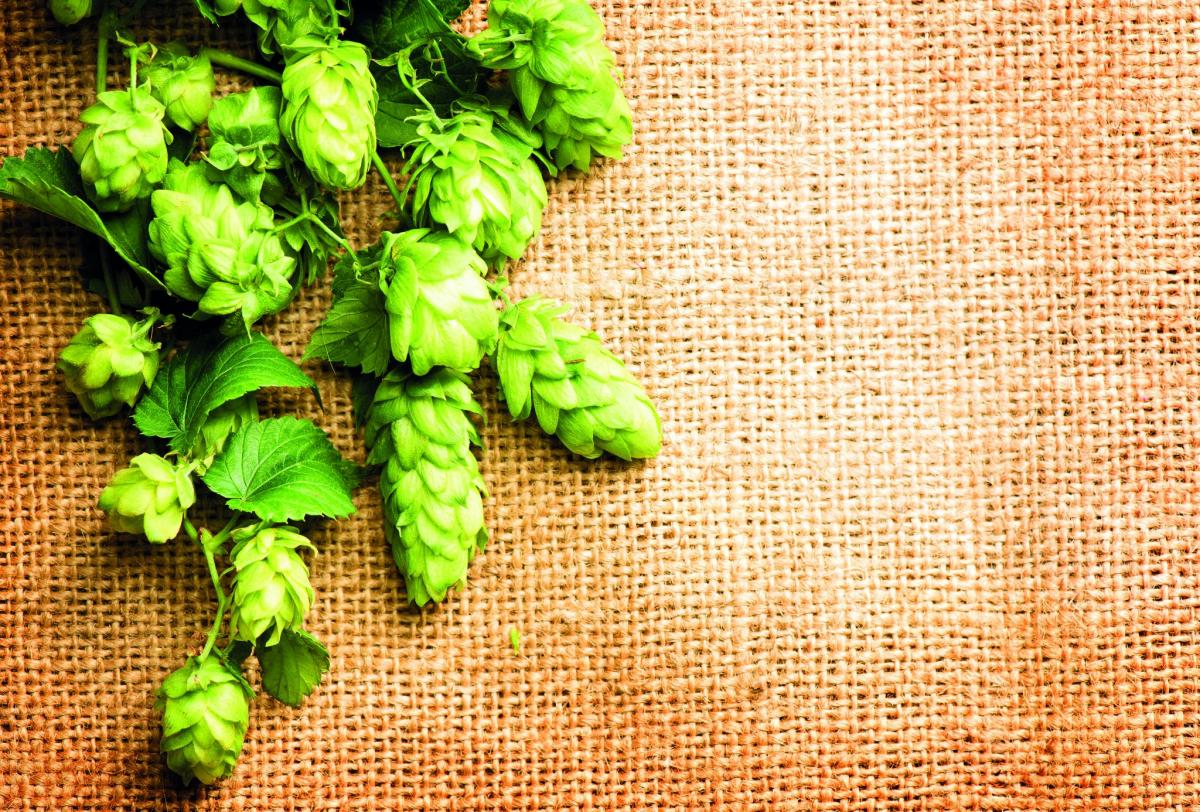


Britain doesn’t have a written constitution. But if it did, it might well outline “the right of the people to keep and bear beer”. With a unique brewing tradition stretching back an estimated 2,000 years, the country is considered one of the worlds’ great brewing and beer drinking nations. Indeed, according to some studies, beer is second only to the royal family in the list of attractions that tempt tourists to our shores. No wonder a pint is thrust into the hands of every visiting dignitary, from Trump to Xi Jinping. In the 1870s, Britain boasted 72,000 acres of hops. But today, despite some 1,400 breweries in the UK (more per capita than anywhere on earth), there are just 2,500 acres left. More worryingly still, the UK only accounts for 1.6 per cent of global hop production, lagging far behind Germany and the US, which produce a massive 35 per cent each. Confounding matters further is the fact that in recent years British craft brewers have tended to opt for punchy New World hops with more exotic aromas of grapefruit and pineapple, something legendary beer writer Roger Protz has compared to French winemakers importing grapes from abroad—a scenario that few could ever have imagined. “As the beer world has embraced more and more punchy, aromatic new world hops, more subtle flavoured varieties have fallen out of fashion,” he says. “And unfortunately Britain has struggled to grow hops with these kinds of characteristics, largely because of our climate and soil. The good news is that beer drinkers, like everybody else, get bored of drinking the same thing again and again, which is why we’re now seeing a revival of older, more traditional beer styles that rely on more reserved English hops.” Surprisingly, this trend is already taking off across the pond. “There’s massive interest in English hops in the US at the moment for several reasons. Firstly the country is struggling to produce enough of its own hops to meet demand. Secondly, brewers over there are increasingly moving away from big, strong hoppy beers, like double IPAs, towards lighter more traditional English-style bitters, steadily realising that English hops are unique and have their own special attraction. In fact, demand is so high that a lot of American brewers are struggling to get their hands on English hops.” However, British hop growers have not been allowing the proverbial moss to grow, having set up a new hop-growing programme over the past couple of years, the aim of which is to produce varieties that are capable of rivalling US and other new world hops for flavour. The development successes so far have included new British varieties such as Jester, Olicana and Minstrel. A small number of UK brewers have been selected to brew with the experimental varieties and provide feedback both on the technicalities during brewing and how the hop flavours perform in trade and whether the customers like or dislike the beers – a process which is ongoing, and extremely exciting to be a part of! Other British hops to look out for: • UK Cascade – lychees, floral, grapefruit • Target – sage, spice, citrus • Jester – grapefruit and tropical fruits